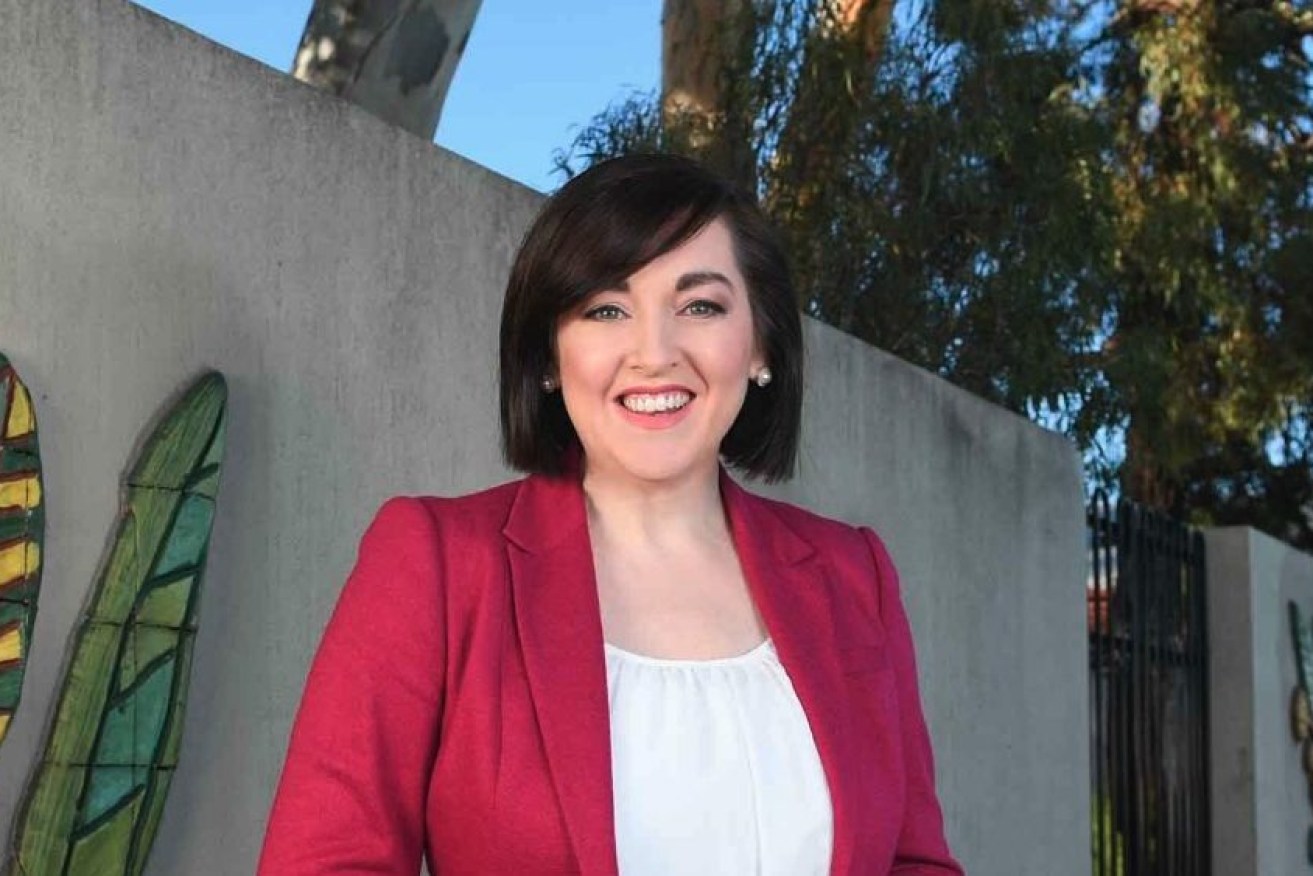New script for pharmacists to help women battling UTIs
Health Minister Chris Picton is flagging support for pharmacists to prescribe antibiotics for women suffering from uncomplicated urinary tract infections despite the move being opposed by local GPs.


Select committee on access to urinary tract infection treatment chair Jayne Stinson. Photo: supplied
The new healthcare model is a key recommendation emerging from the bipartisan Committee on Access to Urinary Tract Infection Treatment (UTI) that has been meeting for the past seven months.
Committee members heard 50 per cent of SA women experience a UTI and 8800 people end up in hospital emergency departments as a result each year. Many women claimed they were unable to quickly see a doctor for a much-need antibiotic prescription.
The inquiry’s report and recommendations that tackles the reportedly long waits for doctor appointments was tabled in State Parliament this week and is now being considered by Picton.
“The seven-month inquiry found that women aged 18 to 65 suffering from an uncomplicated UTI should be able to get antibiotics directly from a specially trained pharmacist,” he said.
“The Malinauskas Labor government supports increasing the scope of practice for pharmacists to provide timely and safe care for South Australians and to alleviate pressure on GPs which is especially important in the current primary care crisis being experienced across the nation.
“The government has already increased the number of vaccines pharmacists are allowed to deliver and introduced mental health first aid training for pharmacists.
“We will now take this report and carefully consider all the recommendations to determine how we can best implement them.”
While SA GPs cited concerns about the recommendations and declined to participate in a steering group to finalise a model, protocol and training requirements, the committee said they were supported by pharmacists and Queensland GPs.
Doctor’s groups including the Australian Medical Association in SA and the College of Rural and Remote Medicine were concerned that UTI symptoms can reflect those for other illnesses such as sexually transmitted infections and “these conditions may be missed by pharmacist”.
Some also advised that if patients discussed their symptoms with GP clinic receptionists it was likely they could obtain an appointment sooner, but the committee decided this was dependent on individual GP practices and a patient’s willingness to discuss symptoms.
The committee unanimously made 29 recommendations to “ensure the safe and effective introduction” of the service in SA.
Recommendations included introducing a cost of $20 per pharmacist consultation, ensuring pharmacists receive additional training and that the scheme is publicly promoted.
It also recommended introducing guidelines for pharmacists to refer patients to a medical practitioner if symptoms of other conditions are present.
The service would complement GP services and follow a similar model to one operating in Queensland.
Committee chair and Labor MP Jayne Stinson said effective treatment of a UTI relies on timely access to antibiotics but many women struggled to get GP appointments on weekends or in regions.
“As a sufferer myself, I am all too familiar with the common symptoms of pain, discomfort, scalding urination and constantly feeling like a dash to the bathroom – even though it may be unnecessary,” Stinson said.
“The symptoms are often sudden and play havoc with many women’s busy lives, interrupting their ability to work, play, or care for loved ones.”
Stinson said that effective treatment of a UTI relies on timely access to antibiotics prescribed by a GP in SA, to ensure complications such as kidney infections and hospitalisation are avoided.
“Being able to get that prescription has become more complicated in recent times due to a shortage of GPs, and fees are on the rise too, as more doctors stop bulk billing,” she said.
“With reports of increasing wait times to see a GP, getting access to timely treatment is proving a challenge for sufferers.”
The committee received 151 submissions, heard from 24 witnesses and made a trip to Brisbane to speak with participating pharmacists about that state’s program.
Its executive summary said about 80 per cent of submissions were in favour of a community pharmacy treatment program being introduced in SA.
Submissions from UTI sufferers expressed frustration with long waits to see doctors while experiencing painful symptoms.
“Patients that have experienced UTI’s before should not need to make an appointment to see a GP to get a script for medication,” one submission said.
“UTI’s can come on rapidly and GP appointments can take days. UTI’s are extraordinarily painful and debilitating.”




